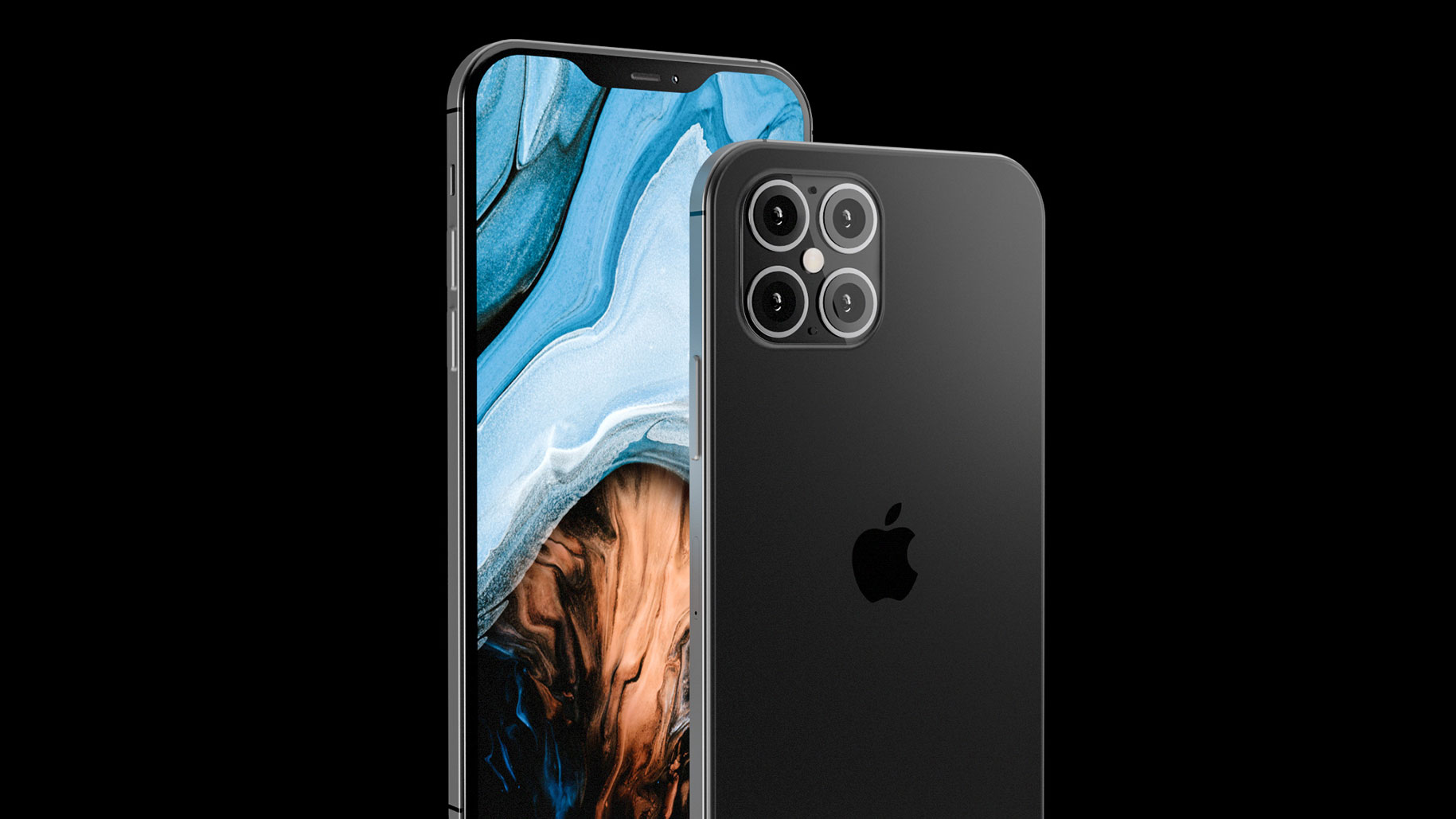

iPhone 12 is due to change the game for Apple. A massive four new smartphones – thought to be two different sizes of the base iPhone 12, the iPhone 12 Pro and the largest iPhone 12 Pro Max – are set to arrive in autumn next year.
Apple certainly needs to bring out the big guns, as Android flagships have been particularly strong in the first half of 2020, like the Samsung Galaxy S20 series, the OnePlus 8 Pro and Oppo Find X2 Pro.
However, Apple might be handing victory to its Android rivals, at least in Europe. A tweet by noted Apple leaker Jon Prosser of FrontPageTech confirms iPhone 12 will retain its now-iconic Lightning connector. The Lightning charging cable ensures Apple's products cannot be used with rival technology, such as USB-C connectors used by Android phones.
Prosser insists Apple will NEVER incorporate USB-C, and it will go portless before it shares a common charging port with the rest of the industry. Check out his tweet below:
I feel like I shouldn’t have to say this, but no — there’s absolutely not USB-C in iPhone 12.Apple will go portless before they go USB-C.April 18, 2020
What does this have to do with Europe? Well, in December 2019, the European commission launched a study to analyse "the impact of a common charger solution on consumers, the industry and the environment". Arguing a standard charging port will limit the amount of electronic waste products created, the resolution was passed in January 2020 by the European Parliament (EP).
Passing a resolution doesn't mean Apple has to change up its charging ports just yet, but the EP has given companies a deadline of July 2020 to comply with the common charger initiative. As a result, the iPhone 12 could be the last iPhone to come with any kind of Lightning cable.
If the new legislation is passed into law before the iPhone 12's release (especially given the phone is likely to be delayed, due to the current global health crisis) the phone may not be legal to sell in Europe if it comes with a Lightning charger only. Apple obviously does not want this to happen, and issued the following statement back in January:
Sign up to the T3 newsletter for smarter living straight to your inbox
Get all the latest news, reviews, deals and buying guides on gorgeous tech, home and active products from the T3 experts
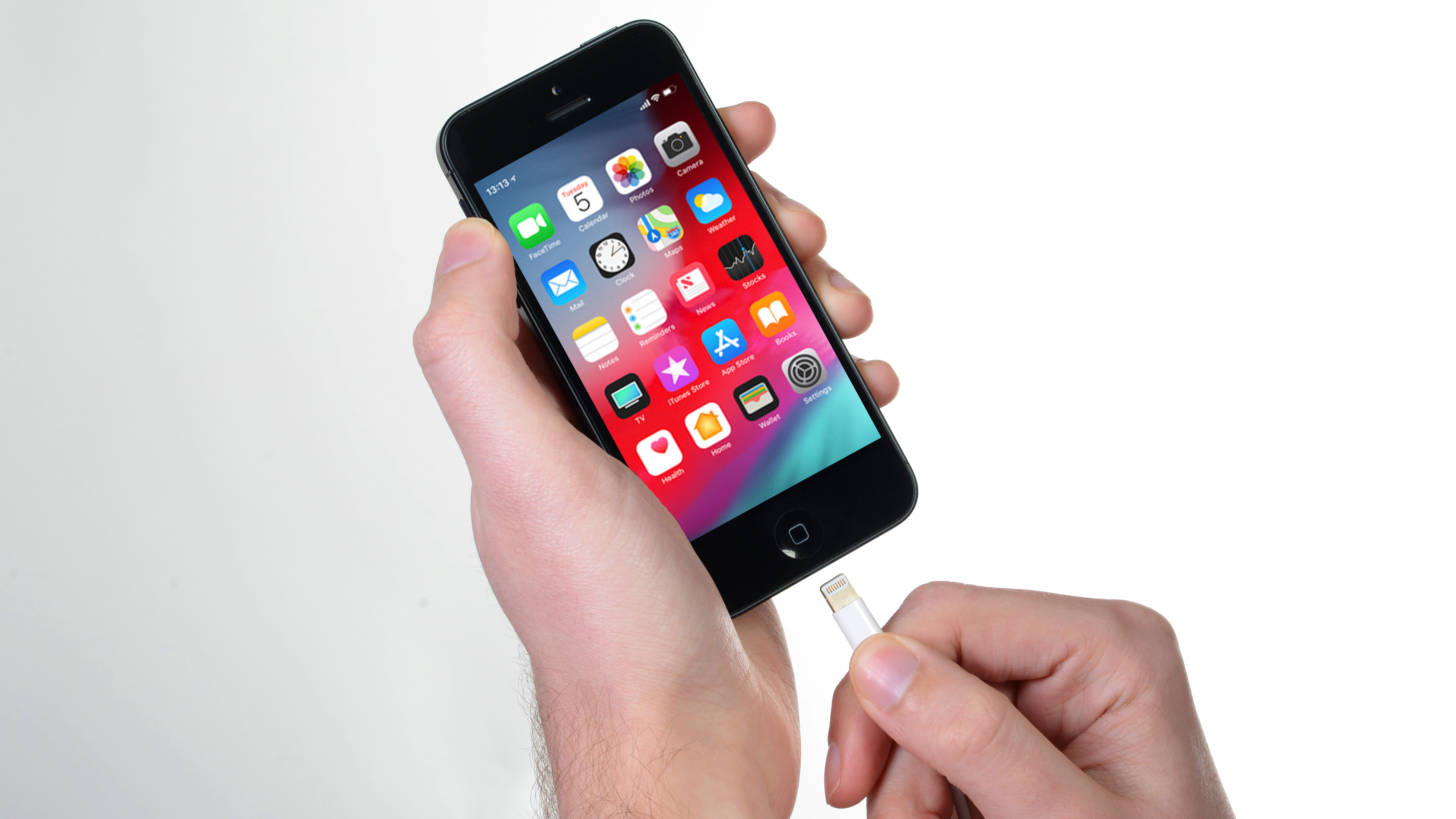
"More than 1 billion Apple devices have shipped using a Lightning connector in addition to an entire ecosystem of accessory and device manufacturers who use Lightning to serve our collective customers. We want to ensure that any new legislation will not result in the shipment of any unnecessary cables or external adaptors with every device, or render obsolete the devices and accessories used by many millions of Europeans and hundreds of millions of Apple customers worldwide.
"This would result in an unprecedented volume of electronic waste and greatly inconvenience users. To be forced to disrupt this huge market of customers will have consequences far beyond the stated aims of the Commission.
"With the emergence of USB Type-C, we have committed alongside six other companies that all new smartphone models will leverage this standard through a connector or a cable assembly."
Apple is hoping to get around the law with USB-C connectors to its existing Lightning cables. Prosser states iPhones will "go portless" before swapping to USB-C technology completely, but this still leaves the iPhone 12's European fate in a grey area.
Apple cannot ignore such a huge customer base, but it will likely lose its "walled garden" of Apple devices if it complies with the new EU laws. We'll know more for sure when Apple reveals the iPhone 12 range later this year.
Liked this?
Matt Evans now works for T3.com sister brand TechRadar, covering all things relating to fitness and wellness. He came to T3.com as staff writer before moving on, and was previously on Men's Health, and slightly counterintuitively, a website devoted to the consumption of Scotch whiskey. In his free time, he could often be found with his nose in a book until he discovered the Kindle.
-
 5 reasons you should be excited about the brand new Samsung Bespoke AI Jet Ultra
5 reasons you should be excited about the brand new Samsung Bespoke AI Jet UltraNot sure if it’s obvious... but I can't wait to try it
By Lizzie Wilmot Published
-
 These luxury private members’ clubs have their own race tracks
These luxury private members’ clubs have their own race tracksFrom the UK to the US and Japan, these are the world’s most exclusive race track members’ clubs
By Alistair Charlton Published
-
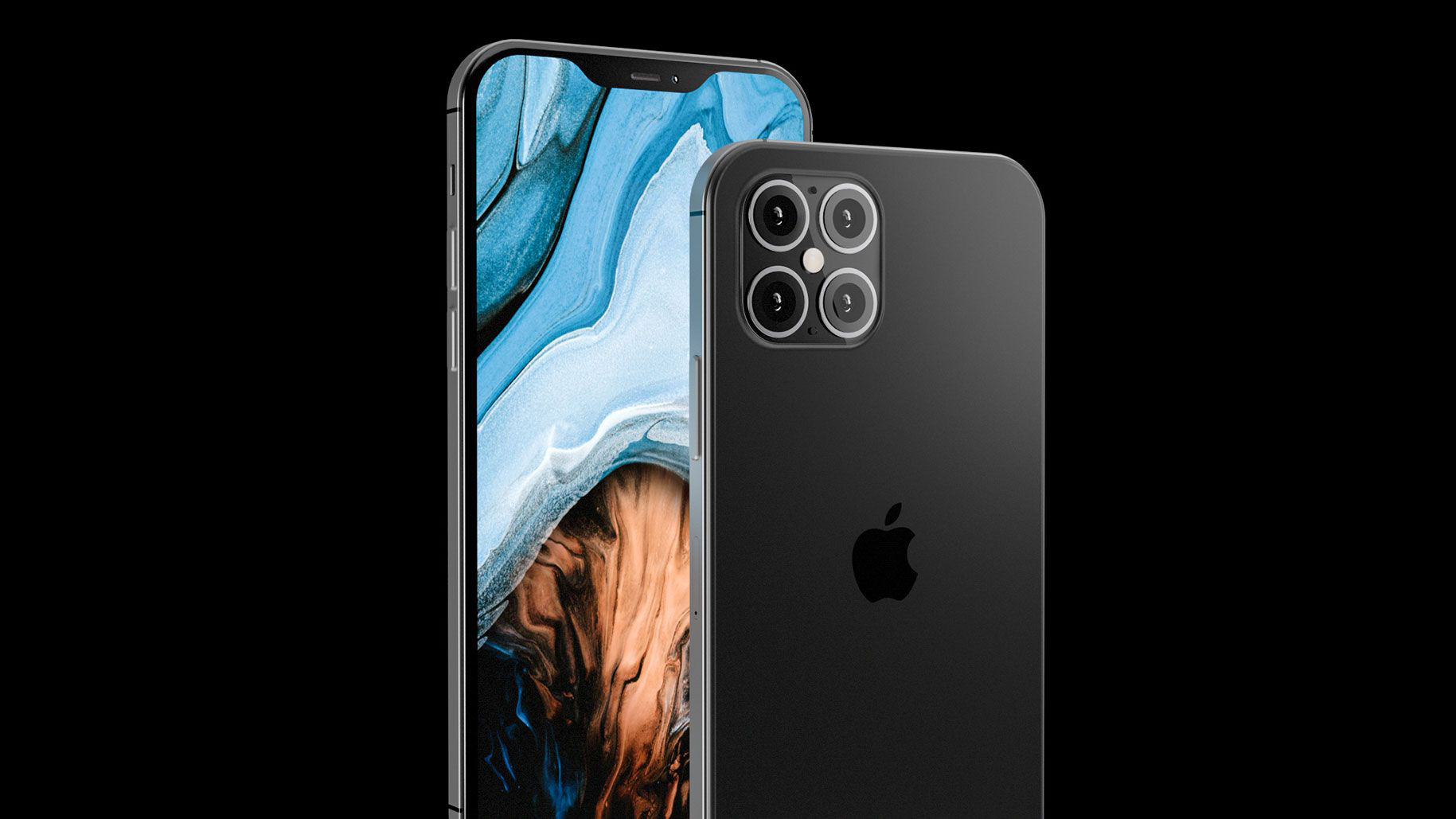 iPhone 12 leak reveals Apple has a Galaxy S20-beating ace up its sleeve
iPhone 12 leak reveals Apple has a Galaxy S20-beating ace up its sleeveApple is using new tech that could make its iPhone 12 super speedy in the wireless networking department
By Shabana Arif Published
-
 iPhone 12 MEGA LEAK: Specs, names and prices revealed
iPhone 12 MEGA LEAK: Specs, names and prices revealedThe iPhone 12's key details have been revealed as insane new leak deals rivals a body blow
By Matt Evans Published
-
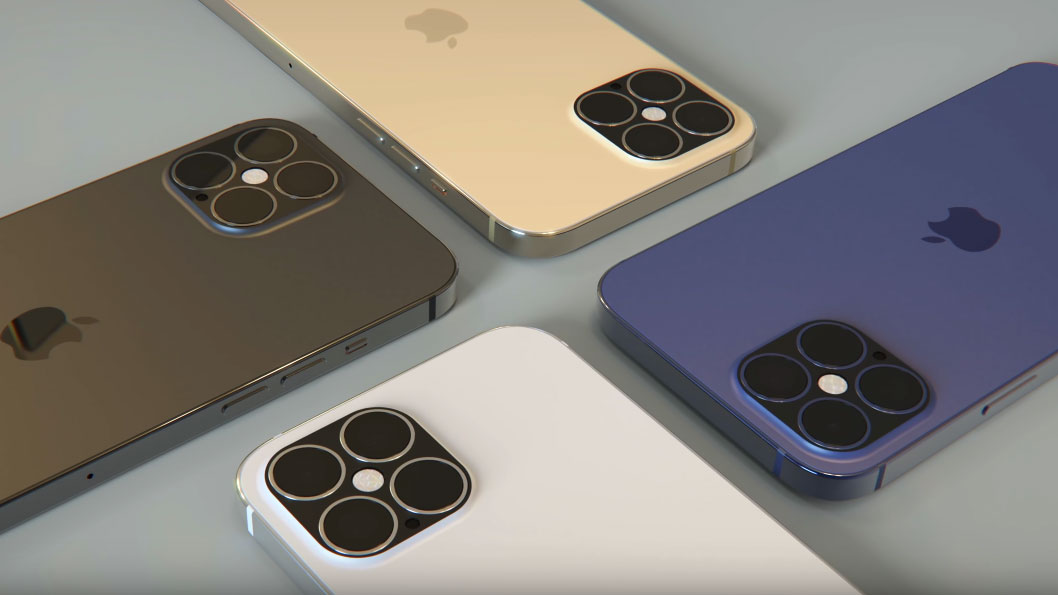 iPhone 12 Pro takes fight to OnePlus 8 Pro with THIS kick-ass screen tech
iPhone 12 Pro takes fight to OnePlus 8 Pro with THIS kick-ass screen techApple is bring the iPad's ProMotion tech to the iPhone 12 Pro and Pro Max, to take on rivals like OnePlus 8 Pro
By Matt Evans Published
-
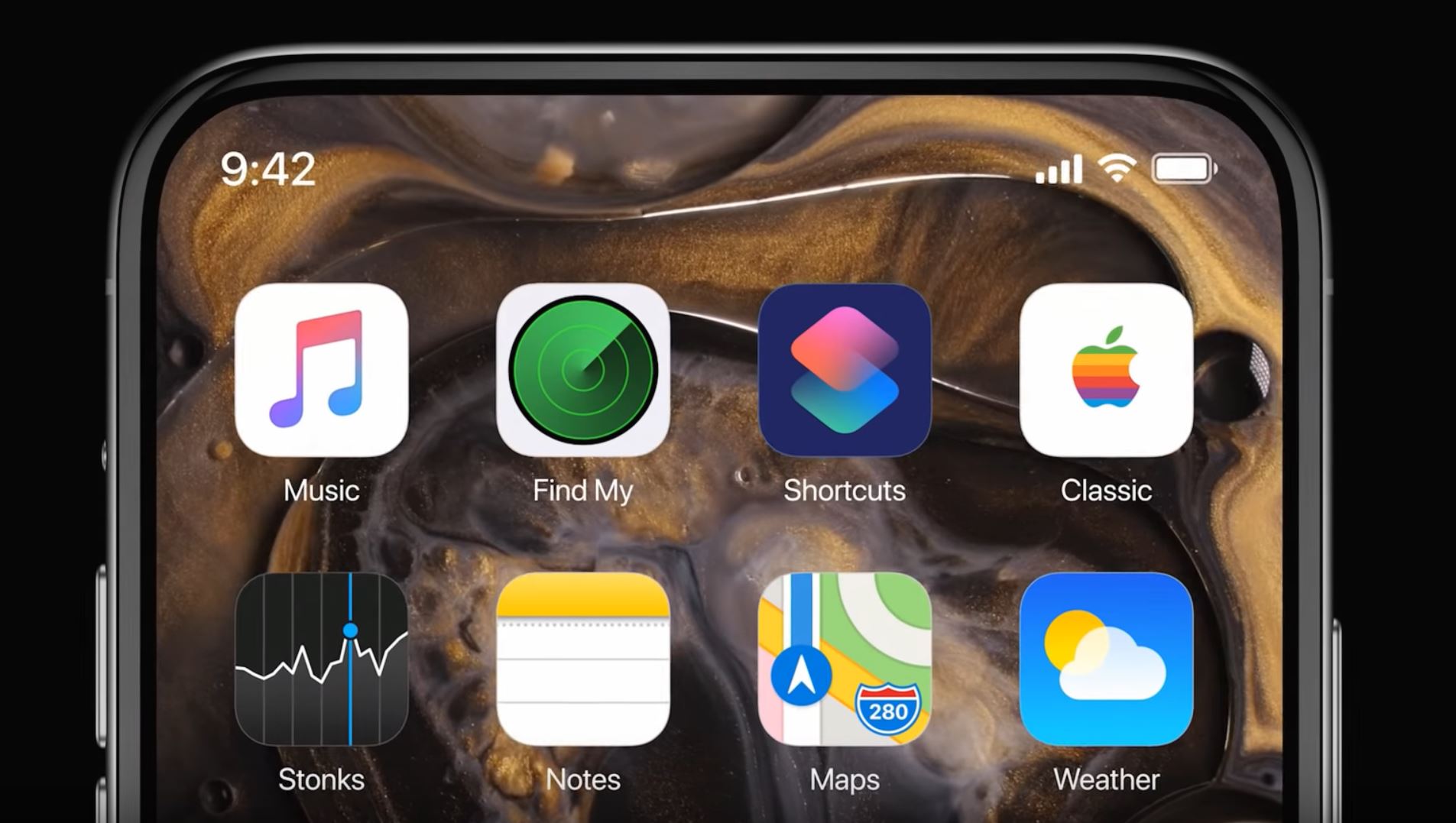 iPhone 12 just dealt a HUGE blow to Samsung Galaxy Note 20
iPhone 12 just dealt a HUGE blow to Samsung Galaxy Note 20All four iPhone 12s will support 5G in huge Apple leak
By Matt Evans Published
-
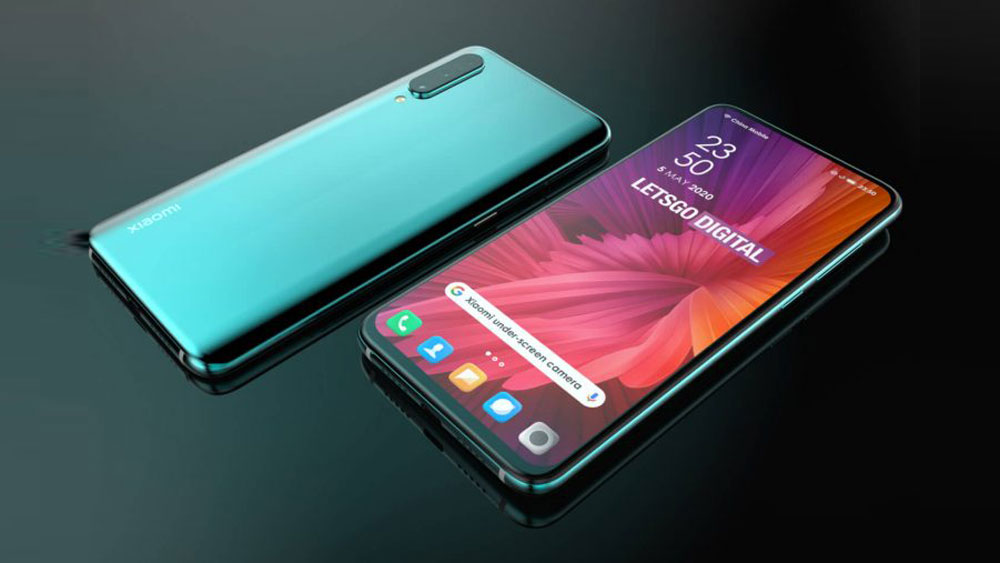 iPhone 12 and Samsung Galaxy Note 20 BEATEN by this high-tech challenger?
iPhone 12 and Samsung Galaxy Note 20 BEATEN by this high-tech challenger?Xiaomi could be getting an under-screen camera before Apple's iPhone 12 or Samsung's Note 20 can manage it
By Matt Evans Published
-
 HUGE iPhone 12 leak confirms four new phones to smash Samsung Galaxy Note 20
HUGE iPhone 12 leak confirms four new phones to smash Samsung Galaxy Note 20A new leak adds weight to the rumour next-generation iPhone 12 range will get four new devices
By Matt Evans Published
-
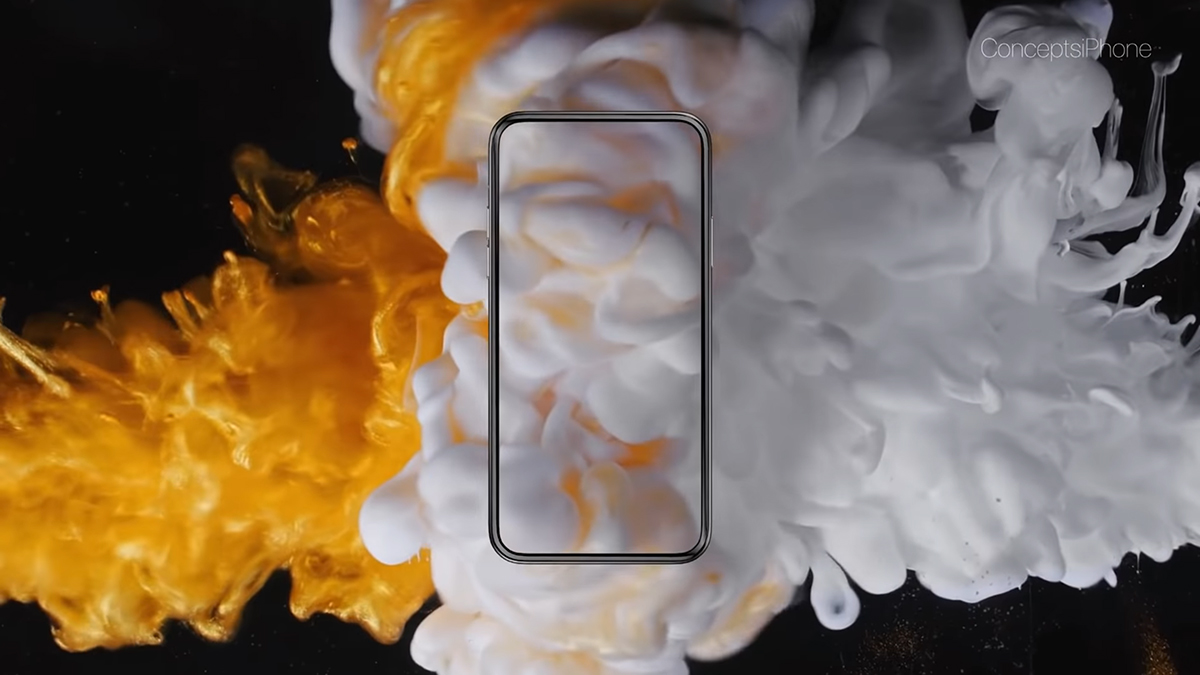 iPhone 12 to be the smallest iPhone in GENERATIONS in surprise reveal
iPhone 12 to be the smallest iPhone in GENERATIONS in surprise revealThe 5.4” model is one of four iPhone 12s to be released in 2020
By Matt Evans Published
-
 iPhone 12 set to rival Samsung Galaxy Note 20 with next-gen 3D camera
iPhone 12 set to rival Samsung Galaxy Note 20 with next-gen 3D cameraiPhone 12 should bring Apple up-to-date with its competitors in the camera stakes, and Samsung should be worried
By Matt Evans Published